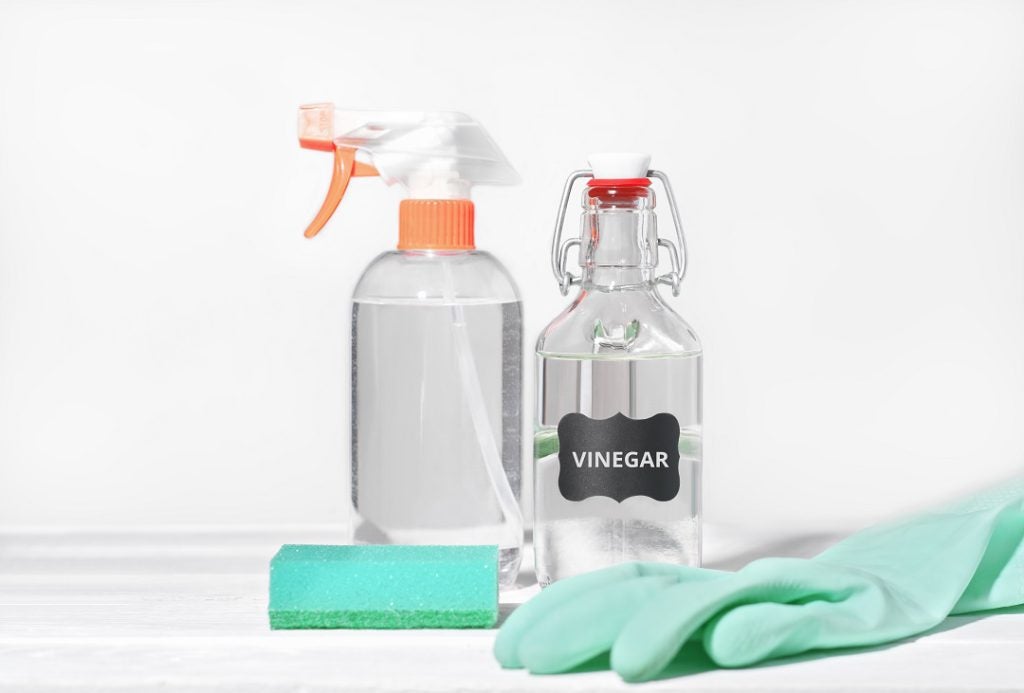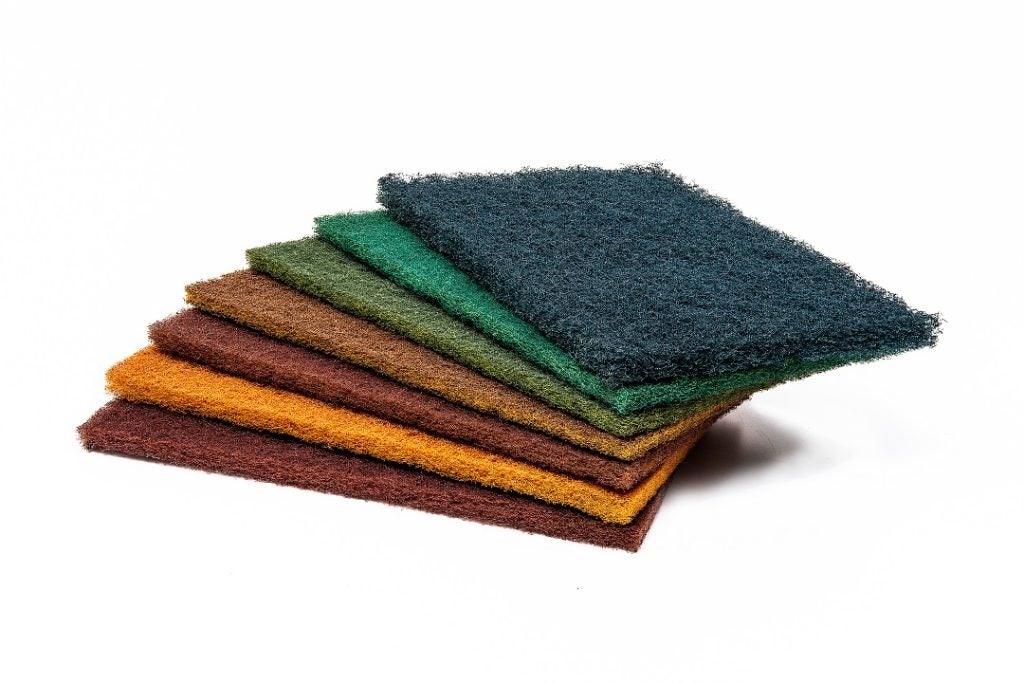These days, if you fire up the ol’ search engine and ask a simple “how to” question, you’ll be inundated with a seemingly endless torrent of advice from all across the globe. And more than ever before, you’ll find all sorts of alternative ways to perform tasks that previously required a specialized tool or product. Oftentimes, these suggestions are motivated by a desire to be more environmentally friendly or to save on unnecessary costs, which are both very respectable goals.
However, the problem that often comes with these suggestions is that, more often than not, they’re written by folks who aren’t in any way trained or certified in the subject they are discussing. And though well-intentioned, some of these suggestions can do more harm than good—especially when it comes to alternatives to store-bought hardwood floor cleaner. While we will always support desires to save money or to be more eco-friendly, cutting corners on hardwood floor care can come back to bite you in a big way. Here are a few of the top things to NEVER use when cleaning hardwood floors.
White Vinegar or Vinegar-Based Cleaners
If ever there were a modern miracle cleanser, it would be white vinegar. Its claimed uses seem infinite, covering everything from clearing clogged drains to dissolving unsightly skin blemishes. And though many of its uses are legitimate, it’s also one of the top products that should never be used as a hardwood flooring cleaner. It’s important to note that this applies to both the plain white vinegar you can buy in the jug at the grocery store as well as any name-brand multipurpose cleaner that uses vinegar as a main ingredient.

Vinegar’s most potent property is its acid content, which is what makes it such an effective cleanser for certain situations. Though it’s a mild acid—it won’t burn your skin like tougher acids would—it’s strong enough to eat right through certain compounds like limescale, rust, and general grease and grime. And it’s great for those jobs when those messes are on a surface that won’t get damaged by acid, like glass, porcelain, or stainless steel. But neither the sealant on your hardwood floors nor the actual wood itself is durable enough to survive exposure to vinegar.
The acid content of vinegar is high enough to eat away at the hardwood flooring topcoat, dulling the glossy finish or, in some cases, completely stripping it. And if the vinegar gets to the actual hardwood below, it can cause permanent damage. In fact, a white vinegar soak is a common tactic to make new wood look old and weathered—and that’s probably not the aesthetic you want in your chic living room.
Abrasive Cleaners or Pads
Abrasives are another category that can be indispensable when tackling stains on surfaces in and around the household. But your wood floors should never be one of those. And this applies to both abrasive cleaning solutions and tools.
It’s no secret how abrasive cleaners—like the popular powdered versions commonly found under the kitchen sink—can make short work of the thickest layers of baked-on grease. In fact, it’s right there in the description: “abrasive.” Unlike soaps and solvents, which rely solely on chemistry to cut through stains, abrasive cleaners use physical violence. The abrasive material in the cleaner literally scrapes the grease or dirt off of the surface they’re stuck to. And about that abrasive ingredient. In most powdered cleaners, the active ingredient is calcium carbonate, which is an extremely hard mineral—nearly as hard as marble! So, if you wouldn’t think of using a hunk of stone as a hardwood floor cleaner, you shouldn’t consider an abrasive cleaner either.

It’s also important to never use any abrasive sponges or other cleaning tools to clean hardwood floors, regardless of what type of solution or detergent you pair them with. This includes products like steel wool or the scouring pads that you might reach for when attacking a greasy baking dish. One particular type of product that many consumers don’t realize can damage their floors is the foam “eraser” sponge. Sold under a variety of names, these sponges seem to remove the most stubborn stains almost magically. But that magic comes from, you guessed it, abrasion. Though they feel soft in your hands, eraser sponges work just like a scouring pad, using their microscopically rough surface to scrape stains away. And that’s a big no-no in a hardwood floor cleaner.
Wet Mops or any Steam Cleaners
Water is almost always the first substance we reach for when cleaning and oftentimes, it’s all that’s needed when attacking a stain, whether it’s Mom licking her finger to get some dried pasta sauce off of a toddler’s cheek or letting dirty dishes soak for a few minutes before washing so that all the dried-on foods simply slide off. And if the stain is a little tougher, we tend to simply throw more water at the problem. A cloth napkin dipped in a glass of water for the messy cheeks or letting those dishes soak for a good hour or two. Using more water when cleaning is an effective tactic in plenty of cases, including on your waterproof luxury vinyl plank floors, but one instance where it should never be considered is when cleaning hardwood floors.
As a matter of fact, you should avoid using any water at all when it comes to cleaning your hardwood floors. Many manufacturers warn against using even a damp mop, because of how easily real wood can be damaged by exposure to any moisture. Since finished hardwood planks are dried to a certain level before being installed, even the tiniest bit of water that gets below the surface can cause swelling or warping that will require an expensive, time-consuming fix. And most manufacturers’ hardwood flooring warranties do not cover damage caused by water.
Many a well-meaning homeowner has opted to use a steam mop when cleaning hardwood floors, assuming it would be better than a wet mop because less water is used. But a steam mop can, in fact, be even worse for your hardwood floors, as the moisture from steam is more likely to make its way between the hardwood planks and cause irreparable damage.
So What Can I Use to Clean My Hardwood Floors?
When it doubt, it always pays to listen to the manufacturers’ suggestions when it comes to finding a suitable hardwood floor cleaner. These products can vary depending on the type and brand of hardwood flooring you have installed in your home, but they have all been carefully selected to be effective cleaners while not posing any risks to your floors. You can find more tips on maintaining your hardwood floors at the Empire Today® flooring care page. And, as always, you can also contact Empire® with your floor care questions and we’ll be glad to guide you.
Get the latest updates delivered to your inbox.